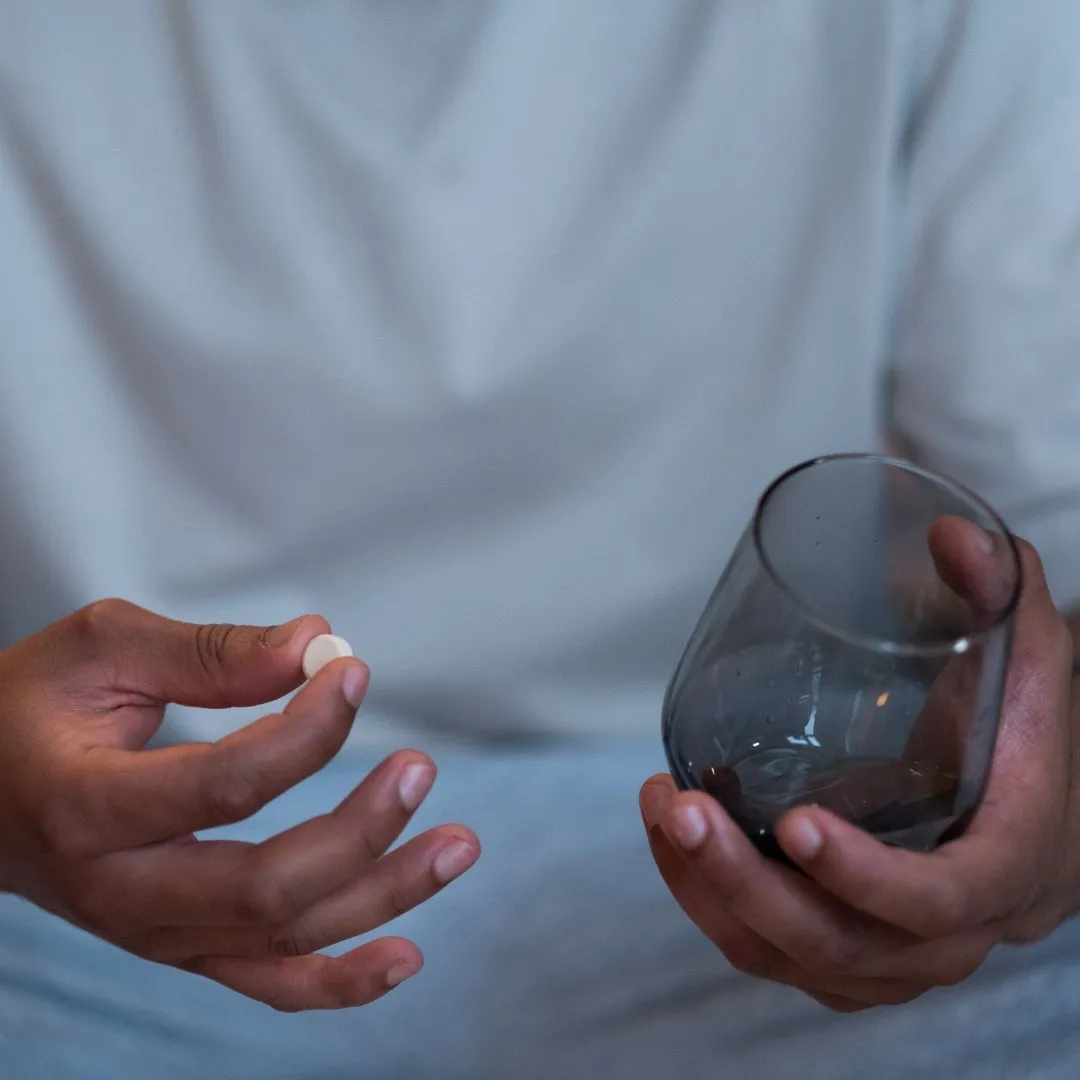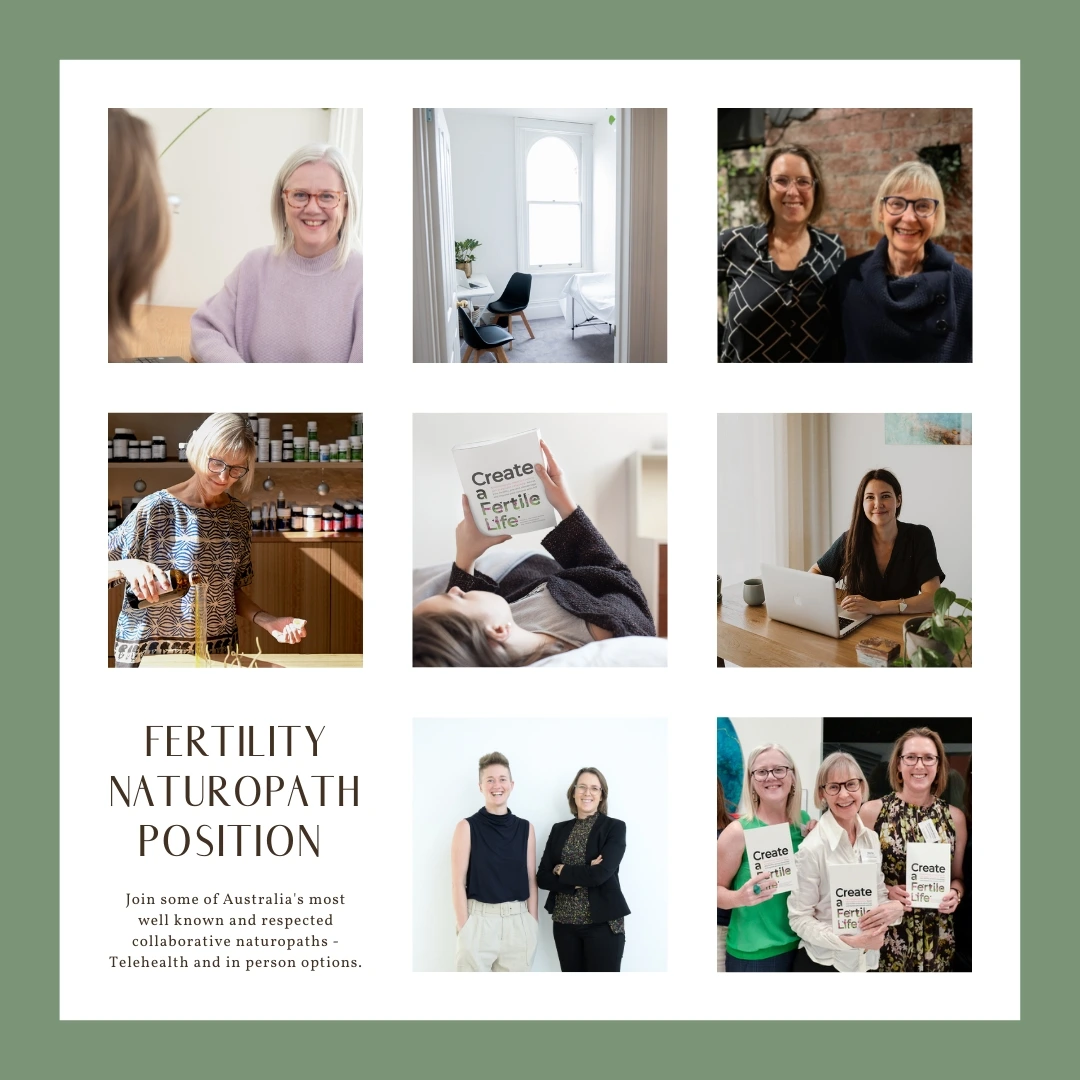
‘You are what you eat!’
It is likely that you’ve heard this saying many times, but what does it actually mean?
From the moment of conception right through to old age, our bodies require a regular supply of food to survive.
And what you are eating during pregnancy will have a significant influence on the growth, development and long-term health of your baby, as food quite literally contains the building blocks needed to grow a healthy person!
Surviving VS Thriving: How Nutrition in Pregnancy Helps Bub Thrive
If we view health as a spectrum ranging from surviving to thriving, there is a significant gap between these two ends of the spectrum that is influenced by many factors including:
- pregnancy stage
- age
- genetics and epigenetics
- activity level
- hormonal health
- emotional and mental health
- the presence or absence of disease
- use of pharmaceutical substances
- sleep quality
- environmental exposures.1-3
Along with these factors, the quality of our dietary intake and consequential general nutritional status also play a key role influencing where we sit on this spectrum.4, 5
In addition, during pregnancy, there are particular nutritional considerations for what to eat to best support you and your baby.
There is a significant amount of research already available (and coming out each day) about the interconnection between diet and health including how different energy intake levels, dietary patterns, macro- and micronutrients and phyto-chemicals are used by the body and their role in health and disease.
(Such research is often mis-represented or reported inaccurately meaning there is a lot of nutritional misinformation around!)
In addition, we are all individuals, meaning how our specific dietary intake pattern and nutritional status are influencing where we are sitting on this health spectrum will vary from one person to the next (and within the same person at different life stages!).
Once you know you are pregnant, you may find yourself reviewing the food you eat so as to best support yourself and your baby.
To sum all this up – there is a lot to consider to ensure how you are eating is the best fit for you and your baby, what you need to tweak to achieve optimal nutrition in pregnancy, where you currently sit on the health spectrum and where you’d like it to be.
Nutrition spoiler alert: there is no one size fits all when it comes to optimal dietary intake for health.
What does a Pregnancy Nutrition Consultation Involve?
A Fertility / Pregnancy Nutrition Consultation and a Naturopathic Consultation are suitable for different needs. A naturopathic clinical consultation involves thoroughly assessing clinical symptoms and pathologies (past and present), body systems, lifestyle, environmental and dietary intake to identify the factors contributing to your current health status and reviewing the best strategies to shift you closer towards your health goals. (If you want to get started, you can book an appointment)
However, there are times that you just want to focus on what you are eating and if it is the best fit for you. If you want to focus on a deeper dive into your dietary and nutritional intake during these crucial life stages, you can now book in for a Fertility / Pregnancy Nutrition consultation to get you what you need to achieve better nutrition for yourself and your baby.
Who is it suitable for?
This fertility / pregnancy nutrition consultation type is suitable for women who are trying to conceive or are already pregnant.
Ok I’m interested, what do I need to know?
- This requires a commitment from you of attending two appointments.
- At the first appointment, we will do an initial assessment of your current general health status, health goals and dietary patterns (expect it to take 30-45 minutes).
- Between the first and second appointments you will be required to record your dietary intake for 3 weekdays and 1 weekend so I can gather more detailed information about your specific dietary and nutrient intake (you’ll get the where and how for this during our first appointment).
- At the second appointment, we will discuss the dietary analysis results and recommendations for your specific needs which will be provided to you in written format after your appointment.
- Added optional extra: individualised meal plans.
What isn’t included?
These appointments do not involve assessments or recommendations for pathology or full body systems – a full naturopathic appointment is where you will get that.
Written by Senior Fertility, Pregnancy and Family Health Naturopath and Nutritionist, Georgia Marrion.
Book fertility / pregnancy nutrition consult
Head to bookings > Nutrition > Nutrition for Fertility / Pregnancy – initial TELEHEALTH
Buy a gift voucher for someone special
REFERERENCES:
- Sharma et al. Reprod Biol Endocrinol 2013; 11: 66.
- Palomba S et al. Reprod Biol Endocrinol 2018; 16 (113).
- Bala R et al. Reprod Sci 2020; 28: 617-638.
- Gaskins AJ et al. Am J Obstet Gynecol 2018; 218 (4): 379-389.
- Lakoma K et al. Nutrients 2023; 15 (5): 1180.








